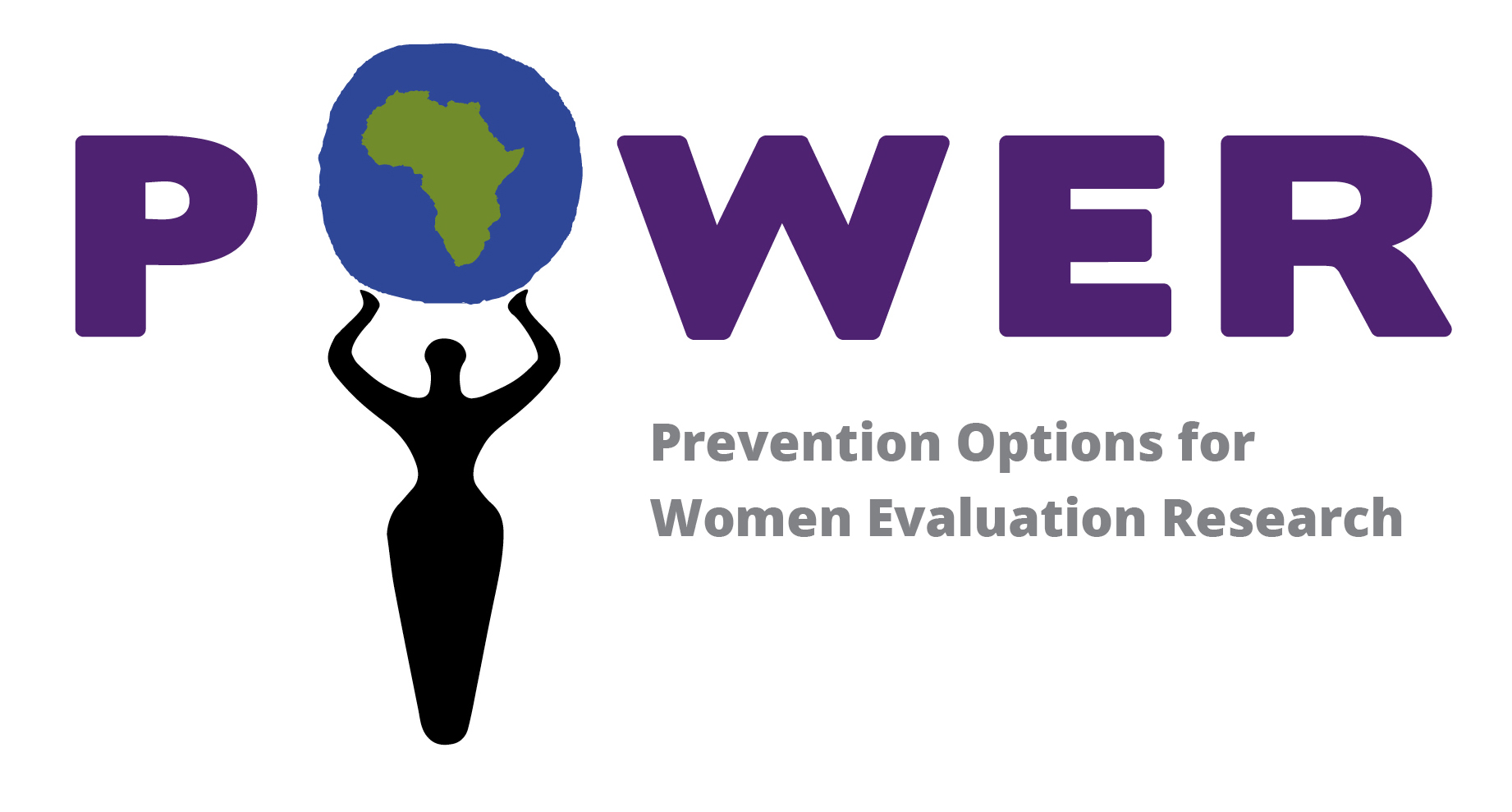POWER develops cost-effective and scalable models for implementation of ARV-based HIV prevention products for women.
- Formative work begins at three sites.
- Cohort protocol developed.
- POWER plans a PrEP decision support tool.
Formative work begins at three sites. Formative work for POWER was initiated at all three sites – Kisumu, Cape Town, and Johannesburg, South Africa – in May. To date, the teams have completed 116 interviews with young women and men (Kisumu: 23; Cape Town: 54; and Johannesburg: 39) and 14 key informant interviews with health care providers and other key informants (Kisumu: 3; Cape Town: 8; and Johannesburg: 3). The team expects to complete all interviews by fall, then Carnegie Mellon University and RTI will conduct analysis. Preliminary themes, including young women’s interest in PrEP, feelings of increased control when imagining taking PrEP, and reporting that friends taking PrEP would influence their decision to try it, were presented at the USAID Cooperating Agencies meeting in July.
Cohort protocol developed. The POWER team developed the cohort protocol, including delivery procedures, delivery locations, questionnaires and data collection tools, and streamlined consents for young women. Sites will submit documents for regulatory review in August, and the cohort will begin enrolling young women by early 2017.
POWER plans a PrEP decision support tool. Using the information gathered from its mental models and interviews, POWER will develop an interactive PrEP decision support tool to be completed and launched in the cohort in early 2017. Modeled from My Birth Control, developed by Bedsider.org and UCSF, the interactive tool is aimed to help young African women make informed decisions about oral PrEP, with the hope of addressing barriers to PrEP delivery. These include limited provider and client knowledge, judgment from providers toward young unmarried African women, limited provider training regarding informed choice and patient-centered counseling, and limited time with patients in busy family planning clinics.
No Responses
Leave a Reply

